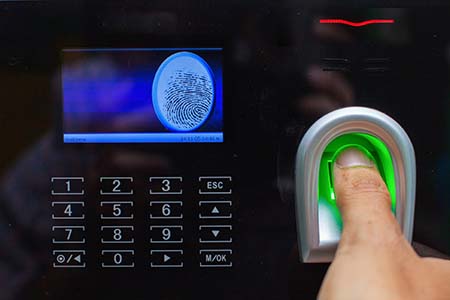GLOBAL KNOWLEDGE
for
Travel • Cultures • Activities • Food
Transportation • Security
Since 1993 World Trade Press has been dedicated to providing large-scale databases of country information to schools, libraries, academic institutions, global businesses, NGOs, and government agencies. Our content is wide, deep, and insightful, and is relied upon by more than 1,300 organizations worldwide.
Internally, we are a team of professional researchers, writers, editors, graphic artists, content designers, database experts, and webmasters. Externally, more than 160 freelance writers and researchers have contributed to what is the world's largest and most comprehensive database of country information.
Our mission is to provide users with the global knowledge they need to be informed global citizens.





